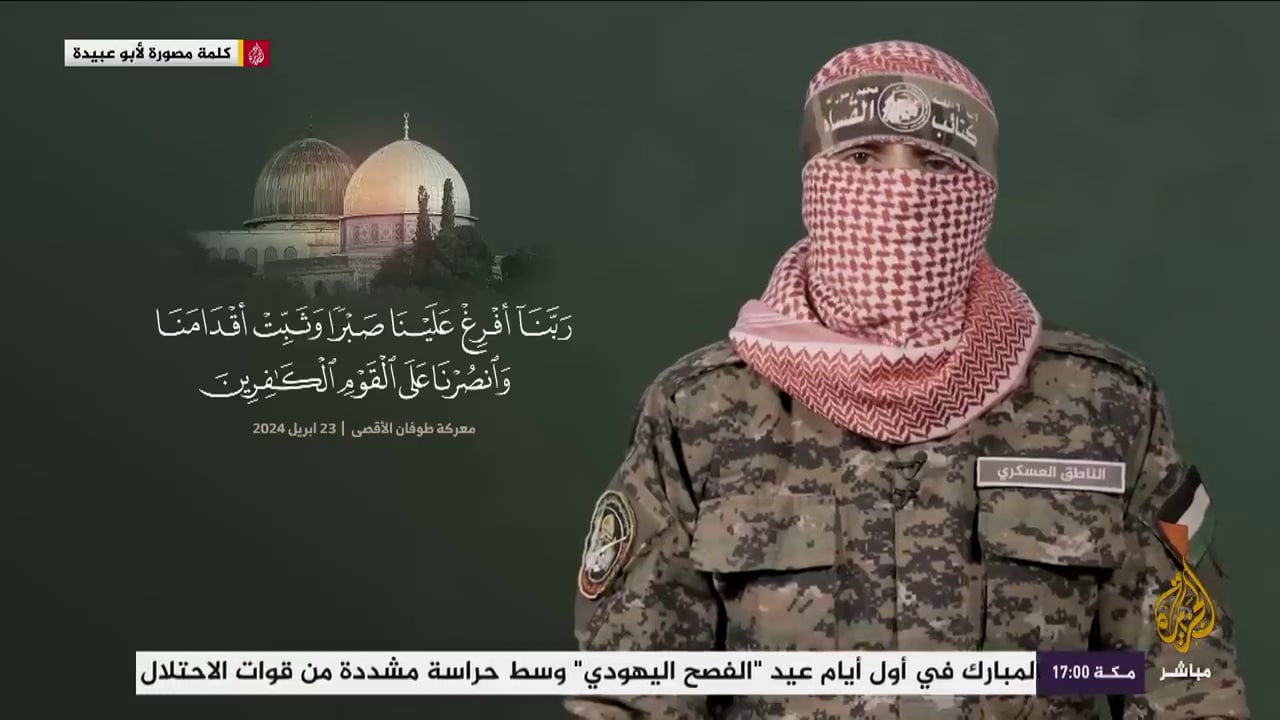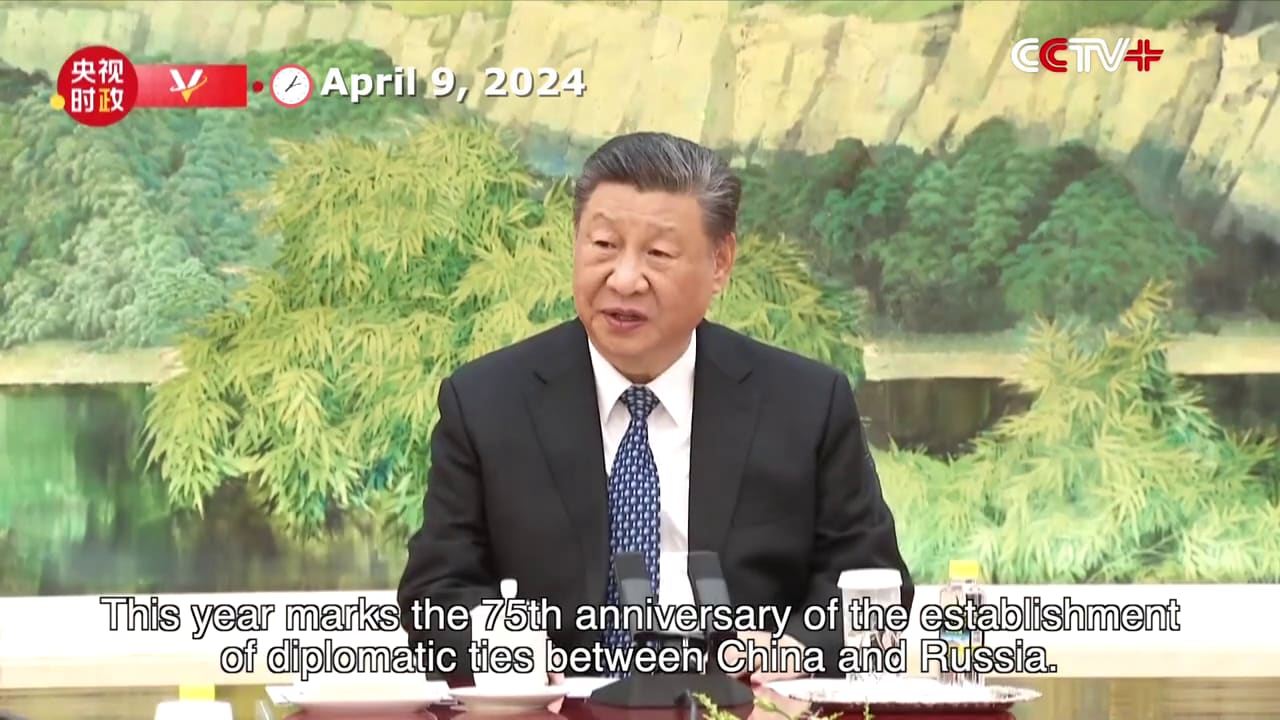
Following are excerpts from a TV documentary on the Rafah tunnels, which aired on Al-Arabiya TV on May 15, 2009.
Reporter: Welcome to "Rafah Duty Free," as it is jokingly called by some of the people of Gaza. This is Al-Najma Square, in the center of Rafah. Here is the market of products coming through the tunnels – a market that has become the hub of the local economy, since the renewal of the siege on the Gaza Strip.
If not for the tunnels, we wouldn't find basic household appliances like this in Rafah. These tunnels are the lifeline of the Gaza Strip. This is the only place where you don't feel you are in a besieged city. All products are available – electronic appliances, flour, sugar, and all other food products – and even diapers and Viagra pills. It is also the largest market for fuel in the Gaza Strip. The tunnel trade is estimated at $200 million annually, yielding huge profits for the Palestinian and Egyptian tunnel-owners.
Salesman: These are all Egyptian products. These are Egyptian teacups. This is Egyptian too, and so is this. It’s all Egyptian.
Reporter: Where does this all come from?
Salesman: From Egypt.
Reporter: How?
Salesman: Through the tunnels.
[...]
Reporter: Some 800 tunnels have been dug along the Rafah border, in an area no larger than three kilometers between Tel Al-Zu'rab and the Brasil neighborhood.
Israel has destroyed many of the tunnels, but the Palestinians began to reconstruct them as soon as the aggression ended. The border has become teeming with activity, known as "the reconstruction of the tunnels." Let's enter the world of the tunnels.
Tunnel builder: We have to repair the damage caused to our tunnel by the attack. It will take ten to fifteen days to fix the damage. We have been digging this tunnel for approximately two months.
Reporter: How long ago did you dig this tunnel?
Tunnel builder: We prepared it some six months ago, when the siege got worse, and we felt that the siege was suffocating us. This is the transformer which provides electricity to the motor we use to life things.
Reporter: Is the electricity just for the motor, or for ventilation as well?
Tunnel builder: No, there is a special compressor for ventilation.
Reporter: Where is it?
Tunnel builder: It was destroyed by the Israeli aggression, but we're now going to bring anther one.
Man: Khalil, did you put it in place? Can I pull it up?
Khalil: Wait a moment.
Tunnel builder: This is an intercom with which we can talk to the workers underground, to see if they need tools, water, or food. We can send these things down via this motor.
Reporter: How many phones are there in the tunnel?
Tunnel builder: There is one every ten meters.
Reporter: And if there is a power outage? How do you communicate?
Tunnel builder: The electricity comes from a generator, connected to this transformer, and it has a backup motor.
Reporter: But if there is a power cut or a breakdown of the generator, what do you do?
Tunnel builder: We use a different generator, which runs on benzene or diesel, and if it breaks down as well, there is an emergency iron ladder, which the workers can use to climb up.
Reporter: Is this the ladder?
Tunnel builder: Yes.
Here... That's right... Watch out... Stay on the seat. Slowly...
Reporter: Let's see how over 10,000 Palestinian laborers spend their day in the tunnels. Let's go.
Tunnel builder: Hang onto the ladder. Watch out... Don't look down!
Man in tunnel: Where is 'Alaa, the cameraman?
'Alaa, over the intercom: Where is Wael [the reporter]?
Reporter: I can hear you.
'Alaa: Yes, I hear you. Film me going down.
Reporter: Welcome. Safe and sound, now you can go back to filming.
We are now starting to proceed through the tunnel toward the Egyptian border.
Tunnel builder: Right next to this tunnel, there was another one, which was completely destroyed. Just like the tunnel next to us... As you can see, it is approximately 60 centimeters high. As a result of the war, an opening was formed into our tunnel. Here is another tunnel, next to ours. The wall between them was destroyed in a strike by the Israeli aggression.
Reporter: Here are the electricity wires. Film them. Why is there water [on the wires]?
Tunnel builder: Because there is moisture in the tunnel.
Reporter: This is a first-class, five-star tunnel, right?
Tunnel builder: Right. It is rare to find a tunnel this high. They are all so low.
Reporter: I am surprised...
Tunnel builder: But we, Allah be praised...
Reporter: That's why this is a first-class tunnel.
Tunnel builder: The missile caused damage here.
Reporter: That is where the missile fell?
Tunnel builder: You can see... Here is a neighboring tunnel, belonging to one of the guys. Allah be praised, it wasn't damaged. We have reached the end of the tunnel, Allah be praised. Now we are under the Egyptian border.
Reporter: We are now exactly under the border separating the Egyptian Rafah from the Gaza Strip. Now we have crossed the Egyptian border.
Tunnel builder: We are near the Egyptian border.
Reporter: So we are now on Egyptian soil?
Tunnel builder: That's right.
Reporter: Welcome to Egypt. Aren't you afraid that the Israeli forces will attack you again?
Tunnel builder: Our lives are in danger anyway, so why should we be afraid of the Jews?
Reporter: How many days does it take to fix a tunnel like this?
Tunnel builder: To finish it entirely – about 15 days.
Reporter: The exit is in a house in Egypt?
Tunnel builder: It could be in a house, a field, or a chicken coop.
Reporter: How do your Egyptian partners coordinate [with you]?
Tunnel builder: With compasses.
Reporter: How do you work with the compass?
Tunnel builder: We proceed according to the compass.
Reporter: You can work out the right direction with the compass?
Tunnel builder: Before we get there, we raise a pipe. Ten meters before the end of the tunnel, we raise a pipe. If we are in the right direction, the people outside let us know.
Reporter: What if a mistake happens – if you raise the pipe next to an Egyptian soldier, for example?
Laborer: Yes, this can happen. Yes, once we raised a pipe under an Egyptian tank.
Reporter: Under an Egyptian tank?
Laborer: Yes.
Reporter: So what happened?
Laborer: Nothing. The tank stayed in the same place for a month, and we kept digging.
Reporter: How do you cope with the Egyptian security forces?
Tunnel builder: The [Egyptians] know we are digging tunnels.
Reporter: For your information, oxygen reaches the tunnel through pipes, by means of compressors that operate with generators.
[...]
When you look at the tunnel from within, it looks like a snake, full of venom. Hundreds of laborers have been killed in sudden collapses in the tunnels. Their lives are in peril until they reach the end of the tunnel. Only here do they get mobile reception. Despite the lack of oxygen in the tunnel, the people of Gaza continue to be stubborn about everything, including about smoking within the tunnel.
Tunnel builder: Hey you – you are choking us with your Cleopatra cigarettes.
Man in suit: Man, I'm from Upper Egypt.
Tunnel builder: You can go on smoking them for now. When we open the tunnel, you'll be able to smoke Super cigarettes, from Egypt.
Reporter: Thank God, we have reached the exit. Be careful. Watch out. Watch out for the camera. I am worried about, but I'm worried about the camera too...













